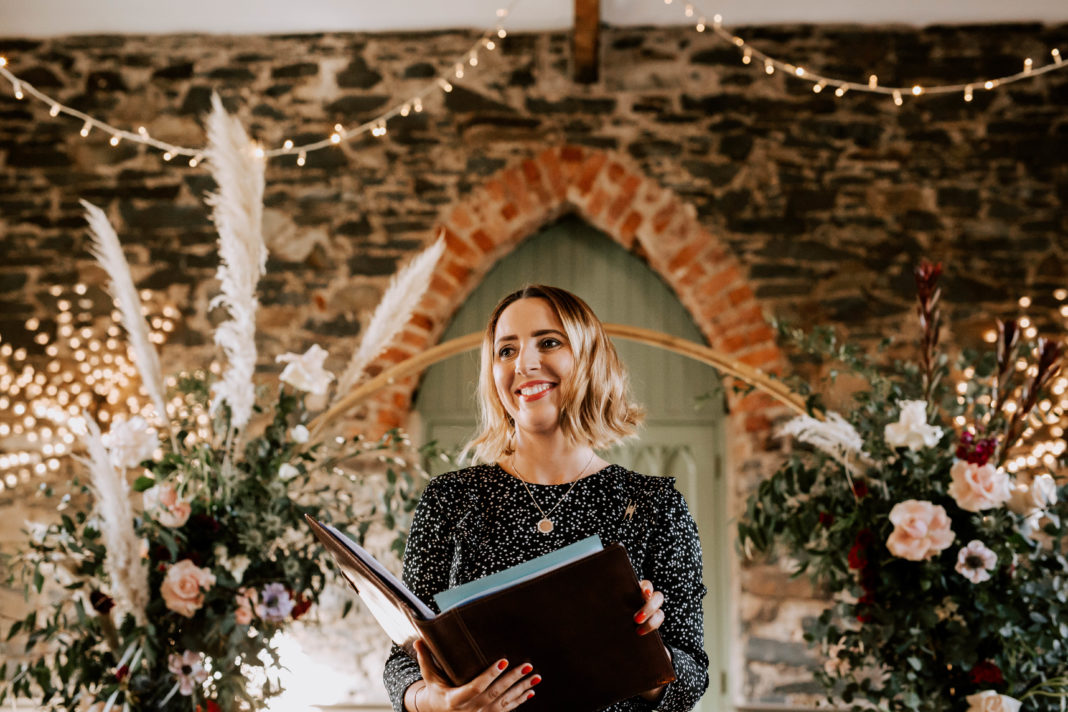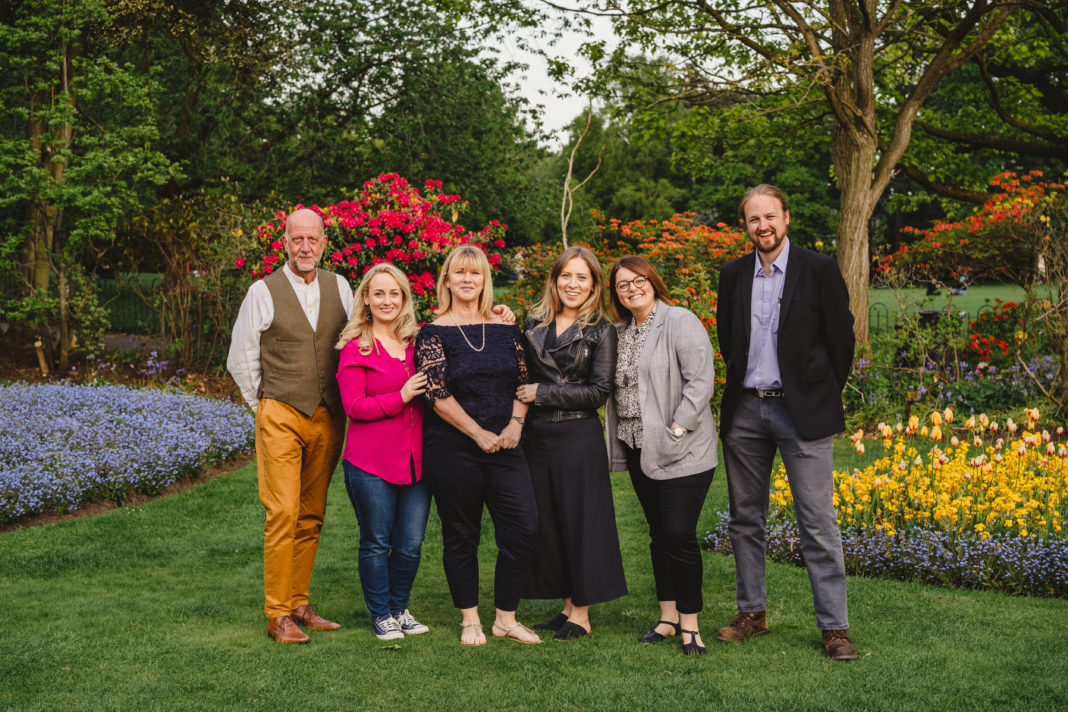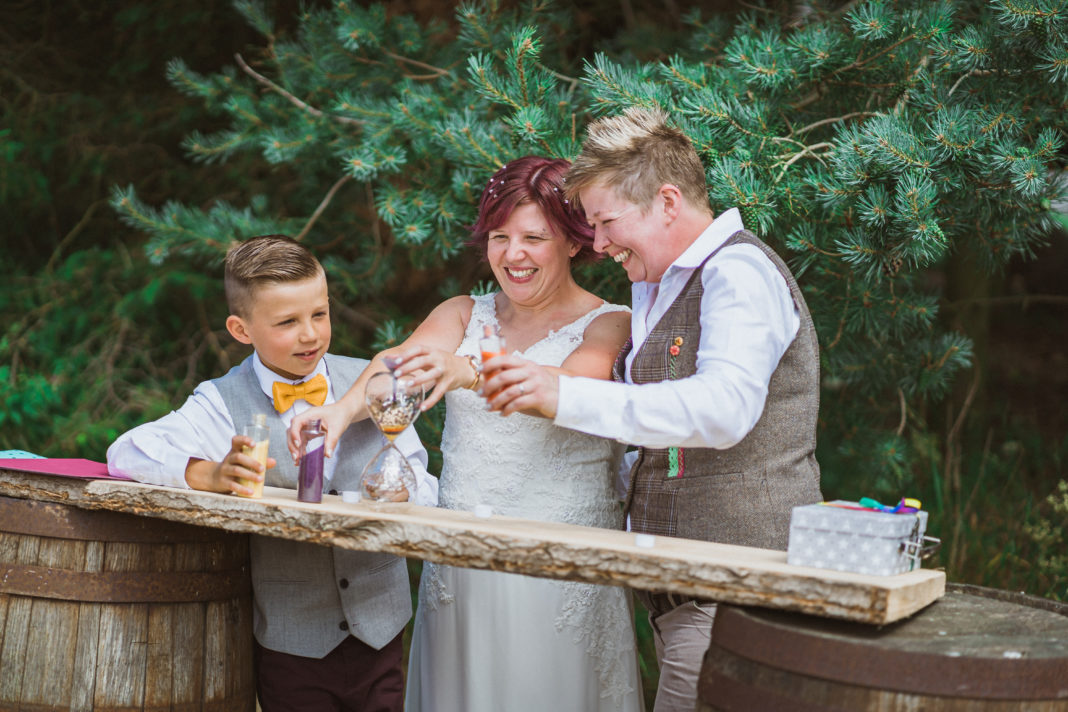As a bride or groom, the last thing you want to hear as your big day approaches is that your celebrant is ill and there will be no one to conduct your wedding ceremony, but people get ill and celebrants are only human, and especially during the coronavirus (COVID-19) pandemic you’ll want to know how the virus may affect your wedding and what steps you can take to limit its effect.

What happens if your wedding celebrant is too ill to conduct your ceremony?
Humanist wedding celebrants are self-employed, each finding their own clients, then writing and conducting the agreed ceremony. But what happens if your celebrant falls ill and is unable to conduct your ceremony? Who will deliver the ceremony?
At Humanist Ceremonies there is a network of celebrants who are all trained to the same high standards to deliver personal, meaningful non-religious wedding ceremonies. If one celebrant is unable to deliver a ceremony, another accredited celebrant will step in to make sure that the wedding is delivered as planned. With an accredited Humanist Ceremonies celebrant, there is always that added safety net!

Back-up plan
When a Humanist Ceremonies celebrant has written the script, it is stored on the cloud so it can be shared with colleagues in their local area, meaning someone with the same high standards of training and professionalism can easily step in and deliver your ceremony as planned.
Before engaging a celebrant, check if they are a member of the Humanist Ceremonies network and ask what plans are in place in the event of them being unable to conduct the ceremony due to illness or emergency.
Each humanist wedding is unique and we realise how important your personal vows and promises are to you and, by sharing scripts, we can ensure that you will get to say them on the day. Any rituals you have planned, such as handfasting, tying the knot, lighting a unity candle , or a sand-blending ceremony will also still be able to take place as each humanist celebrant has been trained with these skills.

The value of the network
Experienced humanist celebrant, Steve Emmett says:
‘If I travel away from home I make sure I have a colleague on stand-by in case my return is delayed.
‘The one time I needed to call on colleagues was when I was ‘blue-lighted’ into hospital. I had four or five ceremonies coming up, all of which were written, and with the help of the local Humanist Ceremonies network coordinator, all the ceremonies were delivered by different network members. It is at times like that when the value of the network is really clear.’
Live stream your wedding
If you’re worried about friends and family missing out on your wedding because they’re displaying symptoms of COVID-19 or they are self-isolating, you could put plans in place to live stream your wedding.
Depending on the sound and image quality you want for your live stream, you may need to consider hiring a videographer with the relevant skills and equipment – camera, microphone, an encoder of some sort. You will need to ensure the venue has an internet connection you can use.
Alternatively, you may be happy asking a friend or relative to film your wedding on their phone or tablet and use an app such as Periscope, Facebook Live, or Instagram Live Stories to stream the wedding.
Precautions
You can reduce your chances of being infected or spreading COVID-19 by taking some simple precautions and asking your guests to do the same.
Keeping up to date with the latest news and medical advice
You can stay aware of the latest information on the COVID-19 outbreak via the WHO or NHS websites. The situation is unpredictable so check regularly for the latest news.
Find a celebrant
Visit our website to find your local celebrant network member in England, Wales, Northern Ireland, or the Channel Isles.





